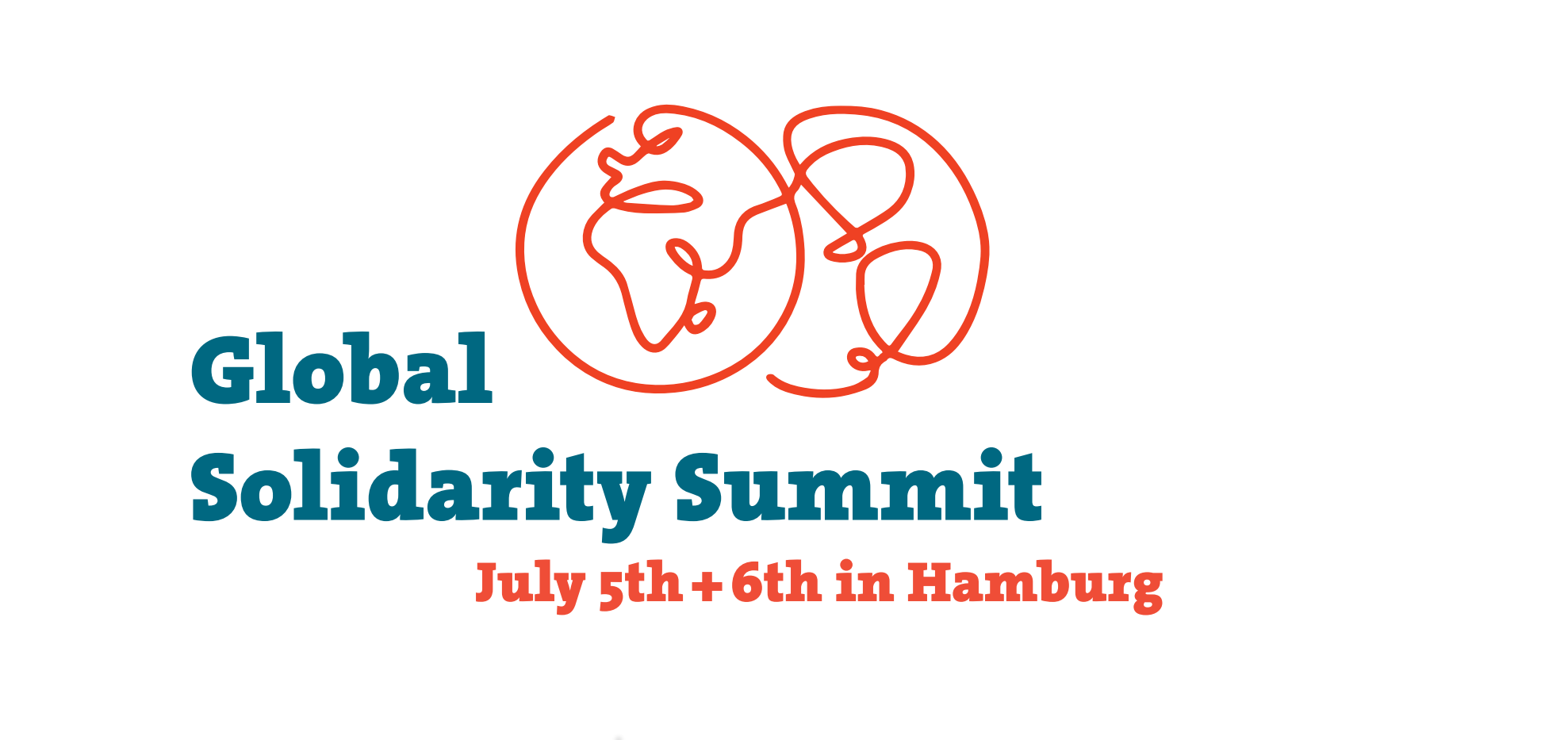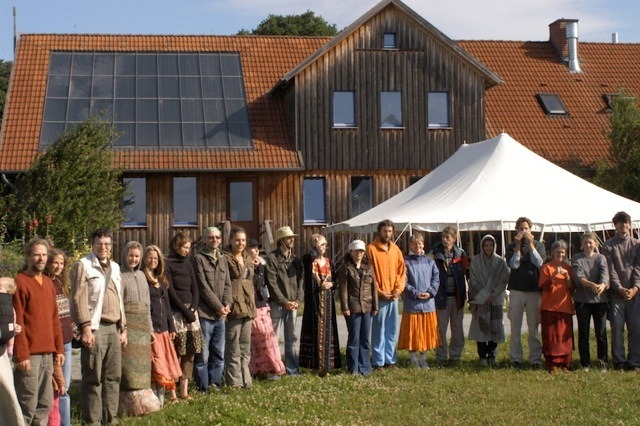We would like to remind you that the deadline for the submission of scientific papers and civil society contributions for the Fourth International Degrowth-Conference is 28th of February 2014. The conference will be held in Leipzig from the 2nd to 6th of September 2014 with the strategic goal to bring forward the degrowth movement.
In order to achieve this, the conference facilitates the exchange between scientists, civil society, pioneer projects of a social and ecological economy and artists. The main theme of the conference is „building bridges“, not only between the above-mentioned protagonists, but also between the degrowth-debate and similar discourses, as well as the Global South and the Global North. The conference aims at giving an impulse for a common degrowth vision by bringing together people with different backgrounds.
The call for scientific papers including the electronic submission tool is available here.
The call for activist and practical contributions is available here.
In addition, there is the possibility to submit stirring papers. This type of papers can be submitted by scientists, practitioners and artists and will, if accepted, serve as introductory papers for expert working groups of a so-called Group Assembly Process. The length of such stirring papers should be between 1000 and 1500 words. More information on the Group Assembly process and the call for stirring papers can be accessed here.

Call for participation On 7 and 8 July 2017, the Leaders of the Group of 20 (G20) will meet in Hamburg. This self-styled club of 19 of the most powerful economies in the world and the EU claims to fight global crises. However, reality reveals a different picture: The G20 defends a system that exacerbates social disparities instead of leading policies against deprivation and hunger and...

By Christopher Boyce I write this sitting in a service station on the M11 in the UK travelling back from Leipzig after what was an inspiring conference on degrowth. I’ve been hitching for only a couple of years now, but as soon as my talk on money and happiness was accepted for the conference in Leipzig, [...]

By Jasmin Wiefek and Bernd Sommer “Wrong life cannot be lived rightly”: This famous dictum by Theodor W. Adorno1 highlights the difficulty of finding a way to individually pursue a good life in a world that is characterised by inequality, exploitation and various forms of domination. However, this question has so far mainly been dealt with [...]